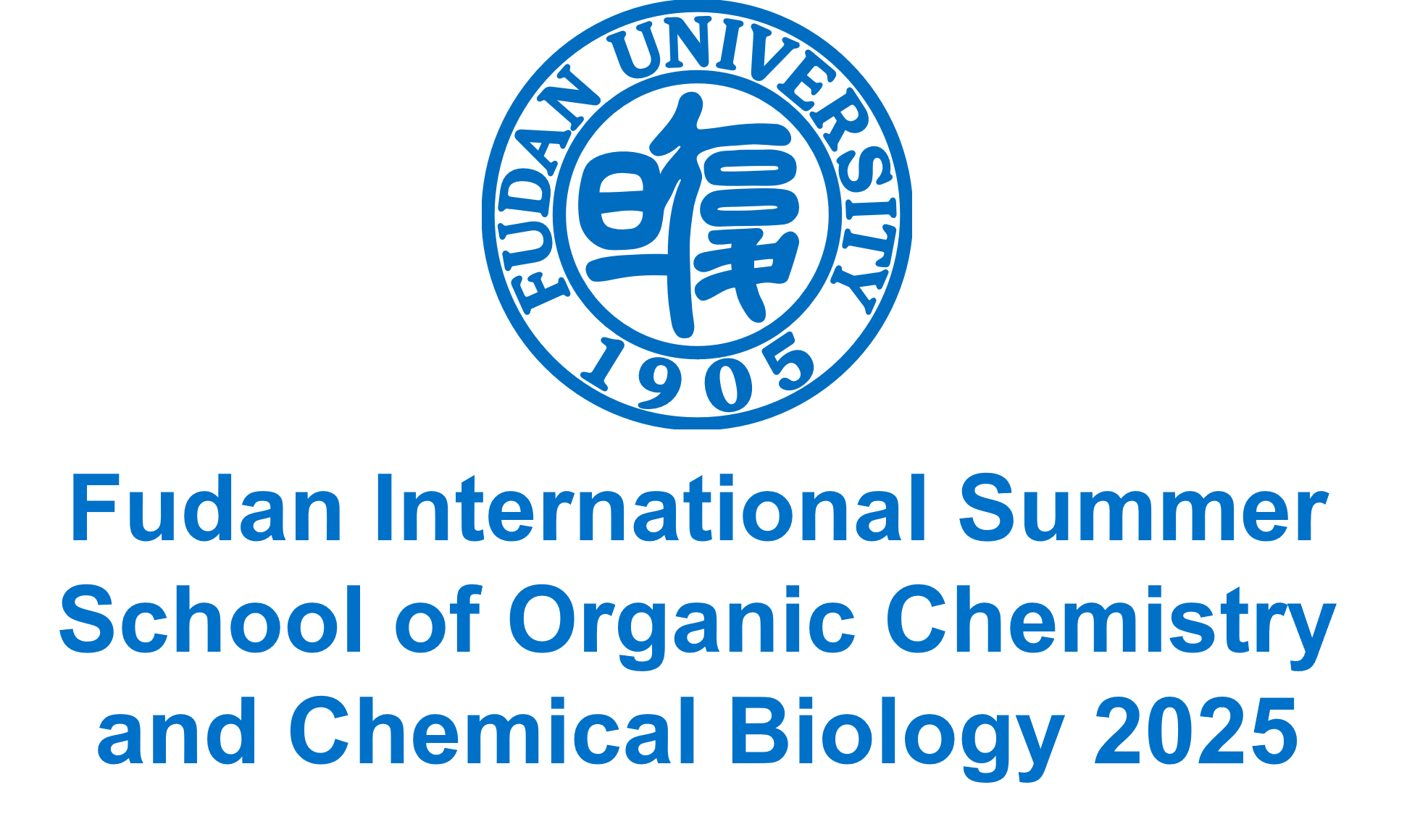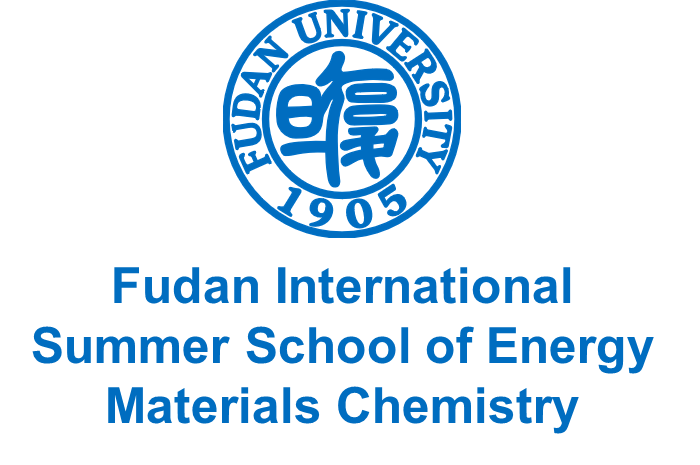Course Description
Module 1:Synthetic Organic Chemistry
Synthetic organic chemistry is one of the fundamental research fields in natural sciences, which focuses on studying the activation, cleavage, and reorganization of chemical bonds. Its goal is to discover and design more efficient organic reactions, synthetic concepts and strategies, which can be applied to the discovery and preparation of pharmaceutical molecules and functional organic molecules. In this module, the lecturers will introduce the fundamental knowledge of synthetic organic chemistry, and present cutting-edge advancements in this field based on their own research. The course will cover, but are not limited to topics of total synthesis of natural products, asymmetric catalysis, and radical chemistry.
Module 2: Chemical Biology
Chemical biology is an interdisciplinary field bridging chemistry and biology, which employs chemical approaches to investigate living systems and elucidate the molecular mechanisms of biological processes. By integrating synthetic chemistry, analytical chemistry, and molecular biology techniques, it designs small-molecule probes or tools to modulate and analyze functions of biomacromolecules such as proteins and nucleic acids. This discipline plays a pivotal role in deciphering disease mechanisms and facilitating drug discovery. In this module, the lecturers will introduce the fundamental knowledge of chemical biology, and present cutting-edge advancements in this field based on their own research. The course will cover, but are not limited to topics of nucleic acid chemistry, biorthogonal reactions, computational mass spectrometry, ADCs (antibody-drug conjugates), targeted protein modifications.
模块1:有机合成化学
有机合成化学作为自然科学的基础研究领域之一,其本质是研究化学键的活化、断裂和重组规律,从而发现和设计出更加高效的有机反应、合成概念、合成策略和路线,以应用于药物分子及有机功能分子的发现与制备。在这个模块中,授课老师将介绍有机合成化学相关的基础知识,并结合自身科研工作介绍目前有机合成化学领域的前沿研究成果,包括且不限于天然产物与药物分子全合成、不对称催化合成、以及自由基化学等。
模块2:化学生物学
化学生物学是化学与生物学的交叉学科,通过化学手段研究生命体系,揭示生物过程的分子机制。它结合合成化学、分析化学与分子生物学技术,设计小分子探针或工具,调控和解析蛋白质、核酸等生物大分子的功能,助力疾病机制研究和药物开发。在这个模块中,授课老师将介绍化学生物学相关的基础知识,并结合自身科研工作介绍目前化学生物学领域的前沿研究成果,包括且不限于核酸化学、生物正交反应、计算质谱学、抗体偶联药物、靶向蛋白修饰等。



